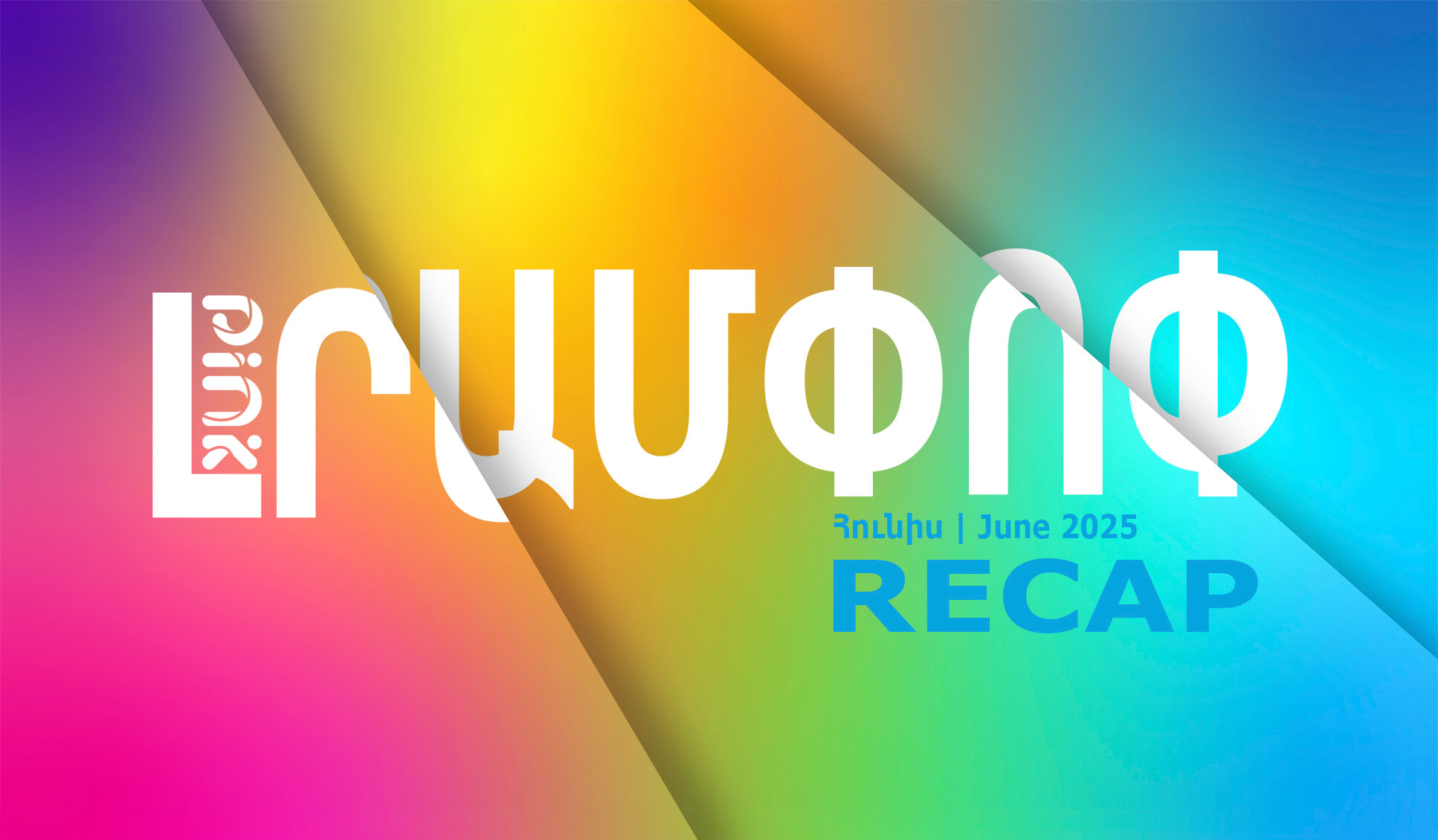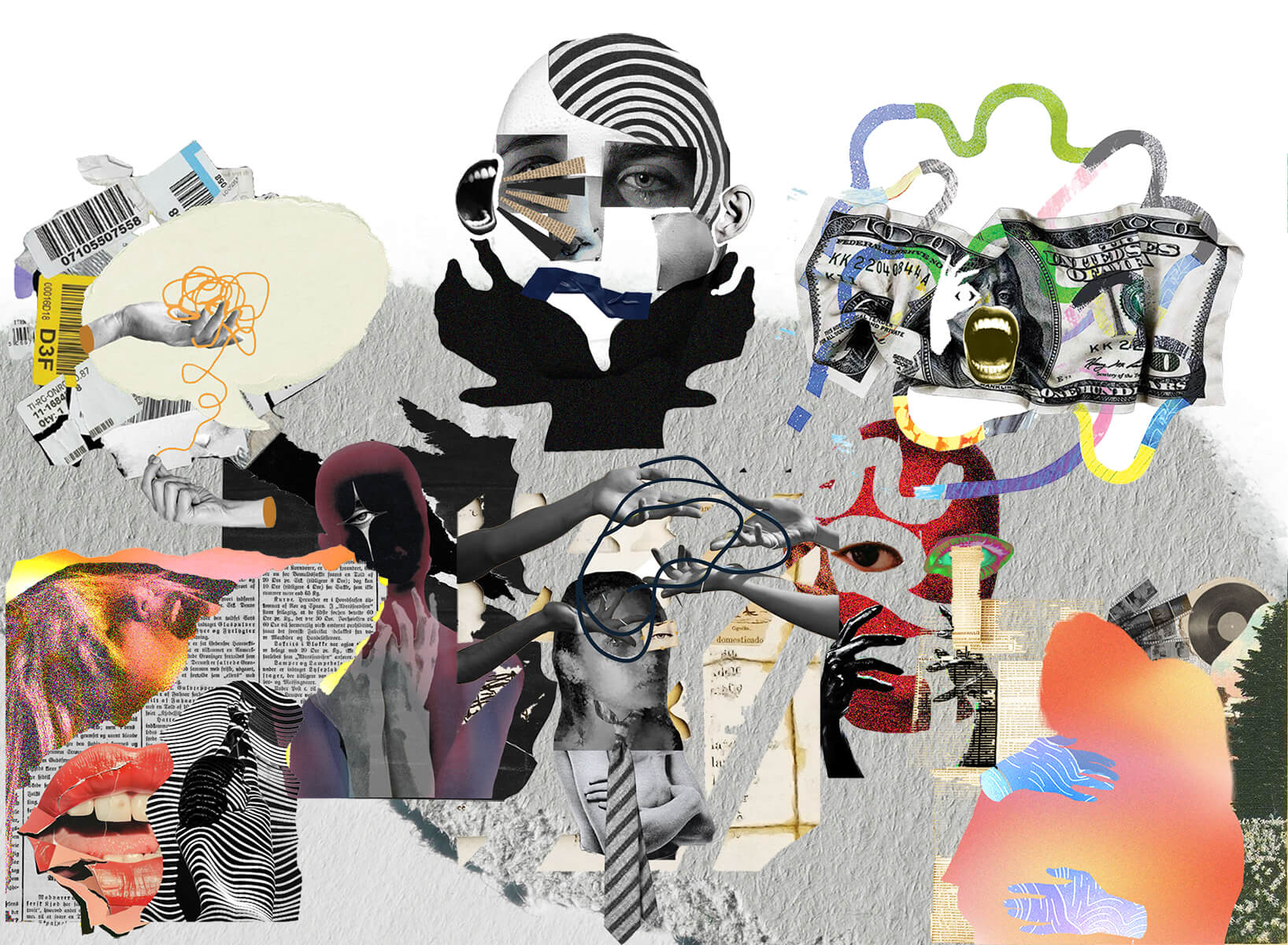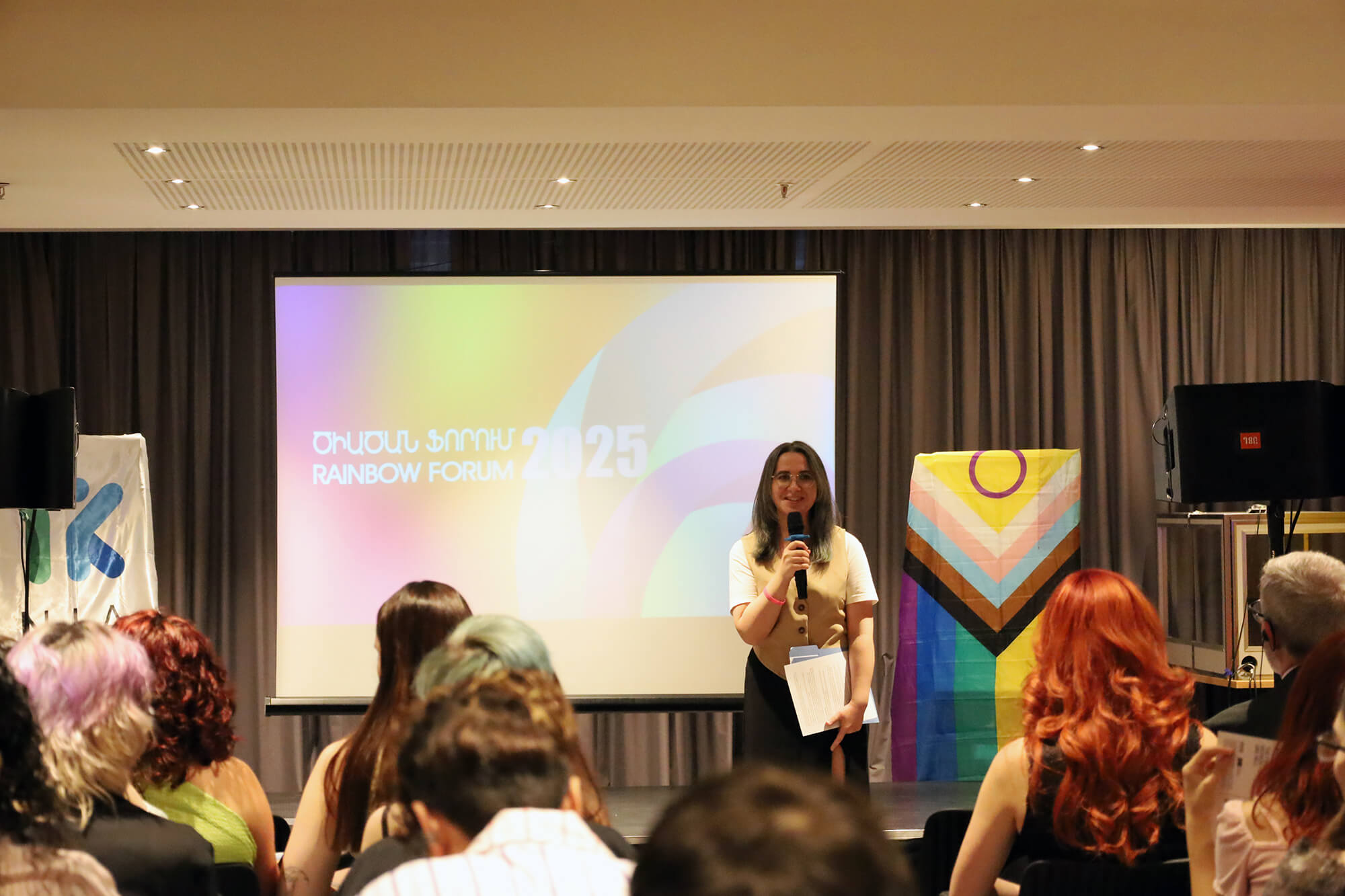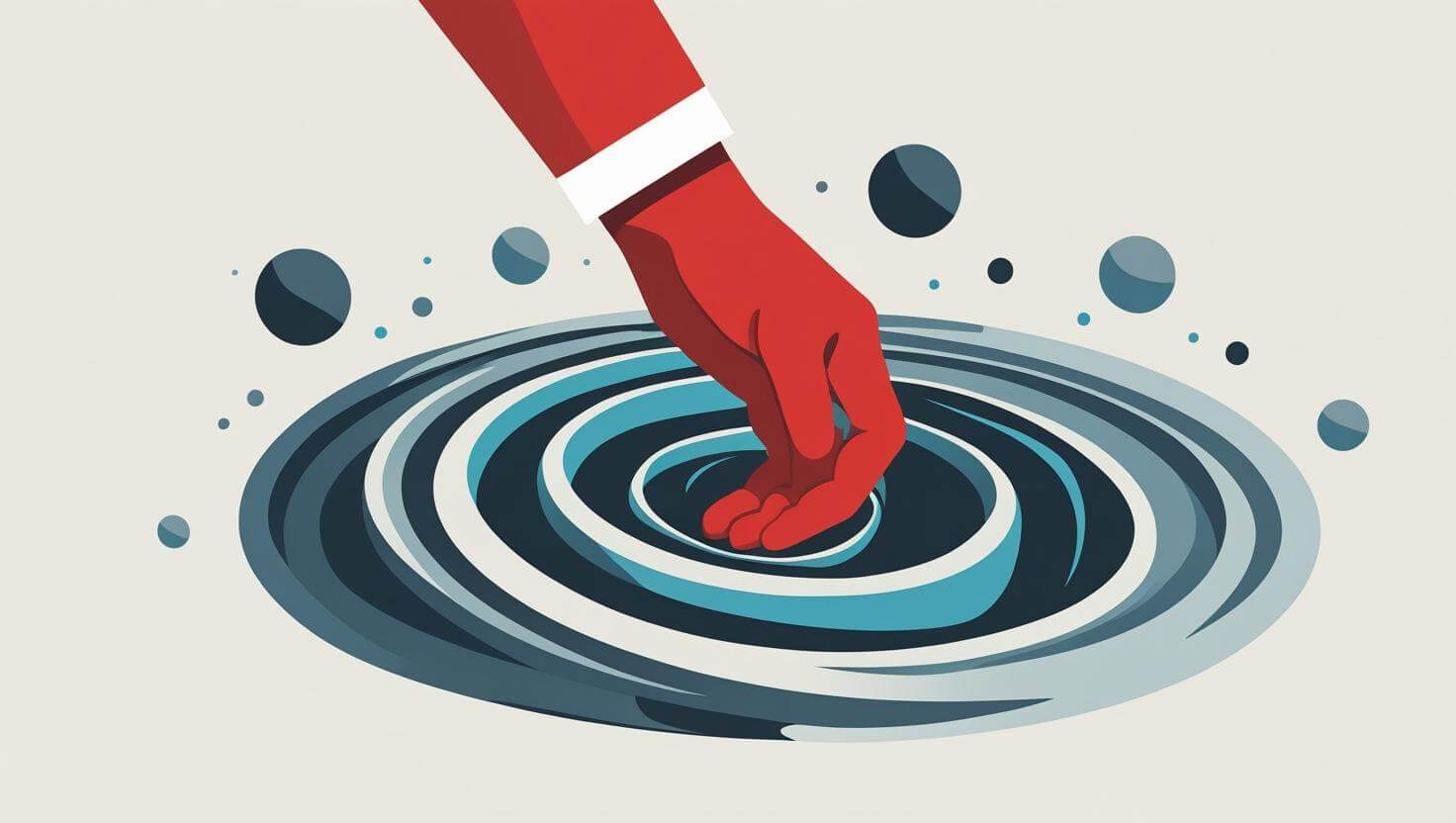End inequalities
On the first of March, people around the world join together to celebrate Zero Discrimination Day. The UN first celebrated Zero Discrimination Day on March 1st, 2014, after UNAIDS, the Joint United Nations Program on HIV and AIDS, launched its Zero Discrimination Campaign on World AIDS Day in December 2013.
In Armenia, NGOs and stakeholders celebrate it on March 2, taking into consideration the events of March 1, 2008, when mass protests were held, which resulted in 10 deaths and hundreds of injuries.
Discrimination continues to undermine efforts to achieve a more just world and it has many forms, ranging from racial or religious discrimination to discrimination based on gender, sexual orientation or age.
On Zero Discrimination Day, the world celebrates the right of everyone to live a full and productive life—and live it with dignity. Zero Discrimination Day highlights how people can become informed about and promote inclusion, compassion, peace and, above all, a movement for change. Zero Discrimination Day is helping to create a global movement of solidarity to end all forms of discrimination.
This year, UNAIDS is focusing on the urgent need to overcome the inequalities surrounding income, sex, age, health status, occupation, disability, sexual orientation, drug use, gender identity, race, class, ethnicity and religion.
Tackling inequality is not a new commitment and it is evident that fulfilling the promise to tackle inequality will save many lives and benefit society as a whole. To do this, we must confront discrimination in all its forms.
We can all play our part by calling out discrimination where we see it, by setting an example or by advocating to change the law.
We all have a role to play in ending discrimination and, by doing so, reducing inequalities.
To find out more about this campaign, please visit unaids.org.




